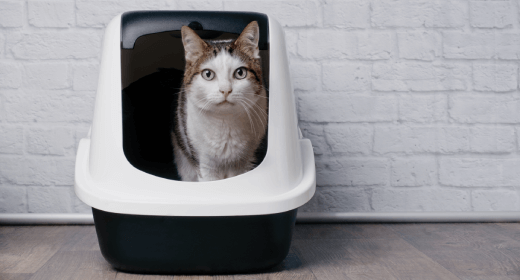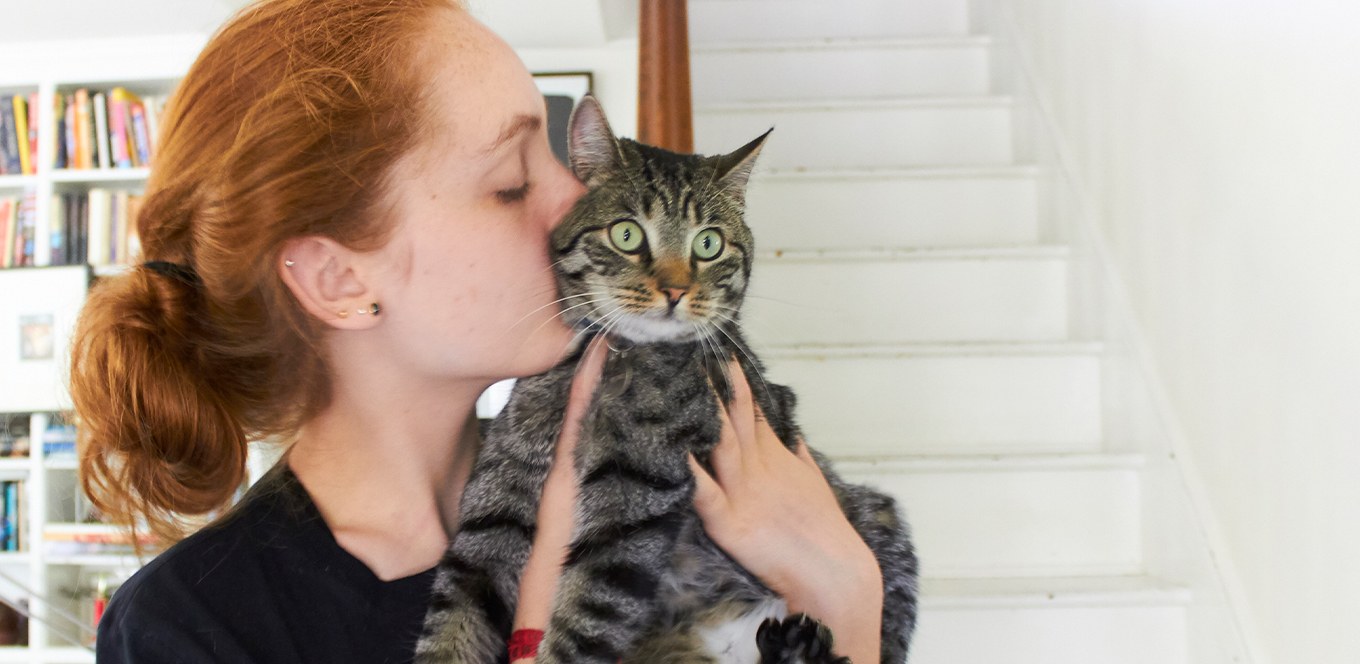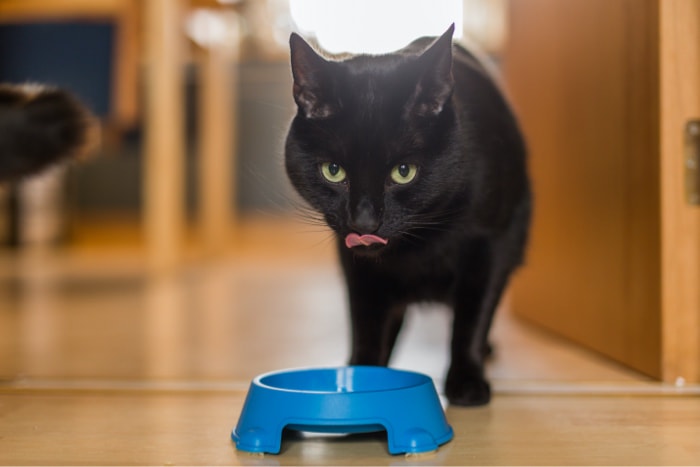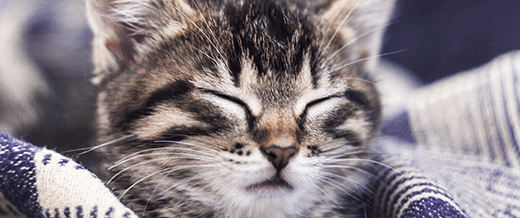

UTI, also known as Urinary Tract Infections, are any infection in the urinary system. Such infections are not common in cats. In fact, not every cat with UTI symptoms has a urinary tract infection. According to NCBI, only one to two percent of cats suffer from urinary tract infections. However, UTIs resemble several other feline diseases; hence, it is imperative to visit a vet for further diagnosis.
Since Urinary Tract Infections can cause severe pain and discomfort, every cat parent must learn about cat UTI symptoms. Here are a few major UTI symptoms in cats:
Blood in the urine
Constant licking of the urinary opening
Crying out while passing urine
Urinating outside the litter box
In order to diagnose UTI in cats, veterinarians first test urine samples. This test helps them detect any bacteria in the urine. Doctors directly draw urine from the bladder with a needle to avoid contamination. Once the urine sample is tested, the vet will then isolate the bacteria to study it further. This step is called the Culture and Sensitivity test. It helps determine the right medicines based on the cat's infection.
First-time infections or acute infections are generally cured using broad-spectrum antibiotics. However, if your cat is suffering from a chronic infection, the vet might recommend additional tests to start bacteria-specific medication.
There are multiple factors that can lead to UTI in cats. Let's explore a few common causes of cat UTI:
Replacement of the urinary catheter
Bladder stone
Issues with the cat's gastrointestinal tract
Although UTI is rare in cats, it's best to take the right measures to prevent it at all costs. Here are a few points on how to prevent UTI in cats:
There are multiple cat UTI home remedies like cranberry juice, apple cider vinegar, bone broth, etc. And most of them are believed to alleviate the symptoms of UTI. However, we do not know if these remedies heal you completely. Hence, it is best to consult a veterinary doctor for cat UTIs. Moreover, in some cases, especially if left untreated, UTIs can be recurrent. The vet will provide the right medication to get rid of the bacteria.
A cat with UTI will exhibit following symptoms:
If you see any of the above symptoms, rush your cat to the doctor.
Certain Urinary Tract Infections can heal on their own. However, to understand whether it's a mild or chronic condition, you must visit your veterinarian. In case it is a chronic case, the doctor will prescribe antibiotics.
Water is essential for cats. Lack of water not only causes dehydration but also Urinary Tract Infections in cats. So, make sure that your fur baby drinks sufficient water throughout the day.
Cats contract Urinary Tract Infections when harmful bacteria enter their bladder. Does that mean cats that live indoors won’t get UTIs? No. Cats make use of a litter box to excrete every day. If you do not clean this box regularly, it can turn into a breeding ground for countless deadly bacteria. Hence, as a cat parent, you must clean the litter box at least twice daily. The bacteria around your cat's feces can enter its urethra every time your fur baby urinates. While this is one of the major causes of UTI in indoor cats, sudden changes in their routine, stress, and poor immunity can also lead to Urinary Tract Infections.




Kittens are super adorable, and it is wonderful to have one as a pet. While it’s fun to have a kitten at home, it’s important to understand your kitten’s various needs during the different stages of its life and take care of it in the right way. ‘How to take care of kittens’ is a question that most first-time kitten owners ask. But taking care of newborn kittens can be quite a hassle-free process if you follow a routine and understand a few do’s and don’ts about kitten care. We, at IAMS, are here to help you with this newborn kitten care routine in every way we can.
Kitty care is extremely important to make sure your kitten grows up to be a healthy cat. While in the kitten stage, it is still trying to get used to the new surroundings. Therefore, we recommend that you be by its side and help the little kitten acclimatize to its new house.
A kitten becomes a part of your family right from day one. But raising a kitten might sound like a strenuous job if you’re a new pet parent, but it isn’t. The whole process can be quite fun and will help you bond with your kitten.
So, you want to know how to take care of a newborn kitten but are confused as to which aspects to keep in mind. Here are some of the most important aspects of looking after a kitten are:
It is very crucial to know how to take care of a newborn kitten as a first-time kitten owner. You might not be aware of the growth stages your little feline friend will go through, but it’s very important to understand them. So, here’s a table that can help you with the same:
| Growth stage | 0-2 weeks (Neonatal) | 2-7 weeks (Socialization) | 7-14 weeks (Most Active Period) | 3-6 months (Ranking Period) | 6-18 months (Adolescence) |
|---|---|---|---|---|---|
| Character traits | Learns to incline towards sounds | Learns to socialize | This is the most active play period of your kitten | In this stage, the kitten gets most influenced by other kittens in their litter or even other animals. | Asserts maximum dominance in this stage. |
| Eyes start to open by this time | Senses of smell and hearing are fully developed by the 4th week | Starts expressing affection through hugging and licking | Starts understanding and asserting ranks on people it lives with. | Exhibits sexual behavior if not spayed. | |
| If the kitten is separated from its mother or siblings, it may tend to get aggressive towards people and other cats. | Sight is fully developed by the 5th week, and they can run and pounce without colliding with obstacles | Can paw, mouth, and hold objects as well | |||
| Starts grooming itself | Also starts chasing its tail and starts pouncing and leaping around | ||||
| Starts developing sleep patterns, motor abilities and interactions |
Tips For 1st-time Cat Owners
Here are a few tips for first-time cat owners on how to take care of a kitten: